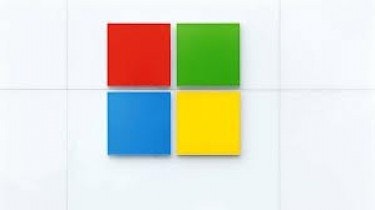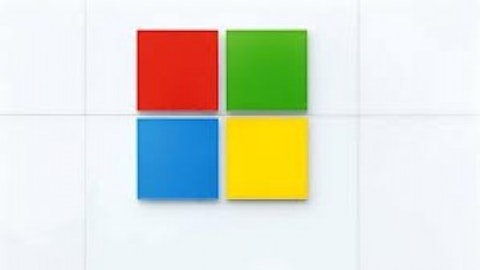With worldwide PC shipments declining 10.9% year over year in the second quarter, marking the fifth consecutive quarter of decline, it seems as if the PC market has one foot planted in the grave. Given that mobile computing devices tend to be more affordable, almost as functional, and a lot more portable than their PC counterparts, the “death of the PC” storyline has legs. Not only have these factors supported the explosive rise of mobile computing, which has eaten into PC sales, they’ve also put pricing pressure on the PC itself. But before you go and sound the PC’s death knell, you may want to wait to see what 2014 has in store for the PC.
Mr. Softy’s strong arm

According to Microsoft Corporation (NASDAQ:MSFT), the average time it takes an enterprise to fully migrate between operating systems ranges anywhere from 18 to 32 months. Since we’re only just starting to see evidence of migratory behavior, it’s likely that next few quarters of U.S. PC shipments could remain strong on a relative basis. If this were to be the case, it would support the notion that enterprises have been putting off migrating for as long as possible and are finally stepping up to the plate.
An aging fleet
According to Intel Corporation (NASDAQ:INTC), there are over 500 million PCs that are four years old or older, and about 322 million PCs are expected to ship this year. The billion-dollar question is if said users will opt for another PC, or they’ve already embraced the mobile computing revolution and won’t be looking back. The hope is that Intel Corporation (NASDAQ:INTC)’s next-generation of cutting-edge processors will persuade these users to upgrade their aging PCs over the next year.
Of all of Intel Corporation (NASDAQ:INTC)’s upcoming processors, Bay Trail gives the PC industry the greatest hope of a near-term resurgence. Positioned primarily as a tablet processor available this holiday season, Bay Trail will accommodate a myriad of affordable of portable computing devices capable of running the full version of Windows 8. Devices are expected to start in the $200 to $300 range, depending if you opt for a touchscreen. Between price and how Bay Trail smoked the quad-core competition, the chances are high that Intel Corporation (NASDAQ:INTC)’s upcoming processor will be a hit among everyday users. Additionally, Bay Trail will allow PC makers to tap into the high-growth tablet segment, giving them an opportunity to expand their addressable markets.
Superior genes
Despite playing catch-up against ARM Holdings plc (ADR) (NASDAQ:ARMH) for the first four years of the mobile computing revolution, Intel Corporation (NASDAQ:INTC) may have a competitive edge going forward. That’s because Intel’s x86 chip architecture brings the added benefit of backwards compatibility, giving Intel-powered devices the ability to access legacy Windows applications. Consequently, the sea of low-cost Google Inc (NASDAQ:GOOG) Android tablets may lose some of their appeal against upcoming low-cost Wintel powered devices.





